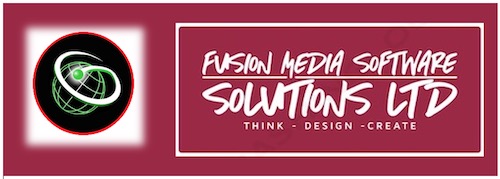Introduction
This article is my journey into the C Programming language which i first got introduced at Edinburgh Napier University during my BEng Honours Cybersecurity and Forensics course.
The C programming language is one of the most popular and powerful programming languages in the world. Known for its speed and versatility, it is widely used in system software, game development, embedded systems, and more. If you're just starting out, this tutorial will walk you through the fundamentals of C and help you take your first steps toward becoming a programmer.
What Is C Programming?
C is a procedural programming language developed in the early 1970s by Dennis Ritchie. It serves as the foundation for many modern languages, such as C++, Java, and Python. C is known for its efficiency, close-to-hardware programming, and robust libraries.
Key Concepts in C Programming
Here are some of the basic concepts you'll encounter when learning C programming:
- Variables: Containers for storing data. For example, integers, floating-point numbers, and characters.
- Data Types: Specify the type of data a variable can hold, such as
int,float, orchar. - Control Structures: Include loops (
for,while,do-while) and conditionals (if,else,switch). - Functions: Blocks of reusable code that perform specific tasks, such as
printf()for printing to the screen. - Arrays: Collections of elements of the same data type, stored in contiguous memory locations.
- Pointers: Variables that store memory addresses, allowing efficient handling of arrays and dynamic memory.
Benefits of Learning C
- Foundation for Other Languages: Learning C helps you understand the core concepts of programming used in languages like C++, Java, and Python.
- High Performance: C programs are fast and efficient, making it ideal for systems that require low-level hardware interaction.
- Wide Applications: C is used in operating systems, embedded systems, game development, and more.
Structure of a C Program
Every C program has a basic structure that includes the following components:
- Headers: Files that provide access to standard libraries and functions, such as
#include <stdio.h>. - Main Function: The entry point of the program where execution begins, defined by
int main(). - Statements: Instructions that perform actions, such as calculations or printing messages.
Understanding these components is key to writing and executing simple C programs.
Tips for Beginners
- Start small: Focus on understanding basic concepts like variables, loops, and functions before moving to advanced topics.
- Practice regularly: Write small programs to strengthen your understanding of each concept.
- Use online resources: Tutorials, forums, and coding challenges can help you improve your skills.
- Read error messages: When you encounter errors, take time to understand them and learn from your mistakes.
Conclusion
C programming is a powerful language that serves as a solid foundation for learning other languages and building efficient software. By mastering the basics, such as variables, loops, and functions, you'll gain the confidence to tackle more complex projects and explore the vast possibilities of programming.
Remember, programming is a skill that develops with practice, so start coding today and enjoy the journey!
